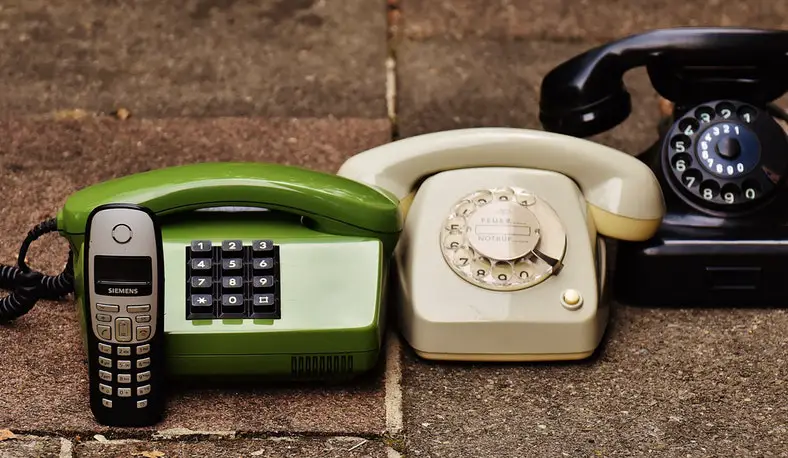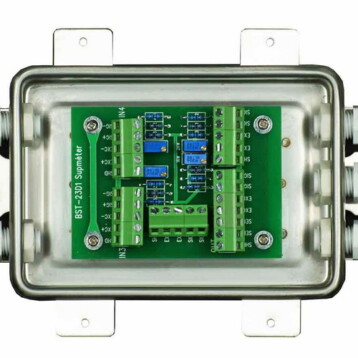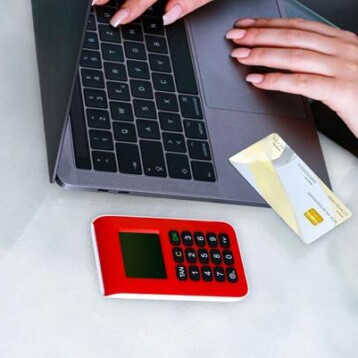
An inevitable consequence of the online age is that much of the tech with which we are so obsessed becomes obsolete almost as soon as we take it out of the box. It seems like yesterday that Apple released the iPhone X to a global fanfare. Now, this has been superseded by the XS and the XS Max, while the XR will be released later this month.
Of course, smartphones are just the beginning. There are also all those laptops, desktops and tablets, not to mention the peripherals like monitors, keyboards and countless throwaway printers.
An environmental catastrophe in the waiting?
We only have one planet to live on, and we keep finding new ways to endanger it. First, it was the CFCs, then the plastic bottles. But tech waste could be the scariest one yet. In 2016, the average American discarded 44lb of tech waste. That’s the weight of a suitcase that the airport check-in staff will look at twice then just let through without charging excess baggage fees.
As our tech gets smarter, so the materials that are used in its construction get more exotic. Cadmium, lead and mercury are three of the elements that are commonly used in smartphones, for example, and these are not things that you want to be released into the environment.
Danny Muller looks after the Electronics Recycling Center at the University of San Diego. He told Popular Science that we all need to think hard about safe and responsible IT disposal. E-waste is the fastest-growing component of landfill waste. While it currently represents just two percent of a landfill by volume, an astonishing 70 percent of all hazardous waste in landfills is through our discarded electronics.
Is it worth something?
Tech might depreciate faster than a South East Asian compact sedan, but if it is still serviceable it could be worth a few dollars. Of course, it all depends on the model, the condition, whether you still have the box and other such factors. There are two ways of finding out. One is to pay a visit to one of the many used tech dealers you will find, either online or in your local town. They will give you an instant price, and if you go in-store they will pay cash.
The alternative is to take a look on a platform like eBay and see if similar items are on sale and attracting bids. Don’t expect to get rich, but if it keeps the item out of a landfill and puts a few dollars in your pocket, it can’t be a bad thing.
Check it’s clear
Identity fraud is getting plenty of media attention at present, and the last thing you want to do is to make things easy for the criminals. Whether you sell it, give it to charity, recycle it or (shame on you) throw it in the trash, make absolutely certain that your hard drive is clear of data. Don’t just delete files, as information will still be easy to recover, but perform a full factory reset to be on the safe side, particularly if you are selling the item on to a new owner.










